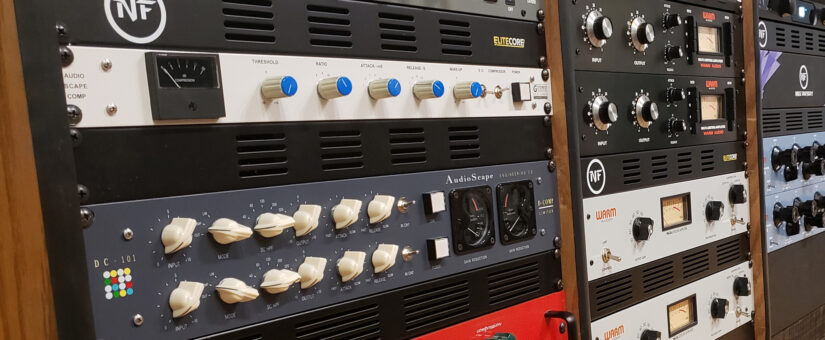
A leveling amplifier is a type of electronic amplifier designed to maintain a constant output level despite variations in the input signal. This is useful in various applications where consistent signal strength is crucial, such as in audio processing, communications, and broadcast systems.
Here’s a bit more detail on how it works and its applications:
- Purpose: The main goal of a leveling amplifier is to provide a stable output level even if the input signal fluctuates. This is important in maintaining the quality and reliability of signals in various systems.
- Operation: Leveling amplifiers often use feedback mechanisms to adjust the gain of the amplifier dynamically. If the input signal changes, the feedback system adjusts the amplification to keep the output level consistent.
- Applications:
- Audio Systems: To ensure that the audio signal remains at a constant volume level, which helps in avoiding distortion or sudden volume changes.
- Broadcasting: In radio and television broadcasting, leveling amplifiers help maintain a uniform signal level for transmission, ensuring consistent quality and preventing over-modulation.
- Communication Systems: They are used in communication systems to stabilize signal levels and maintain clarity and reliability of data transmission.
Leveling amplifiers are important in maintaining signal integrity and ensuring that variations in input do not affect the quality of the output.
- On 08/22/2024


